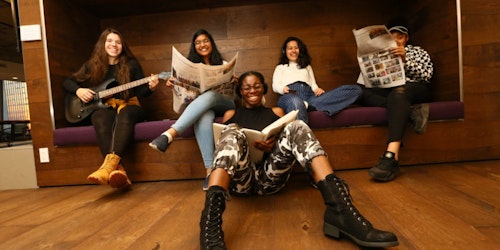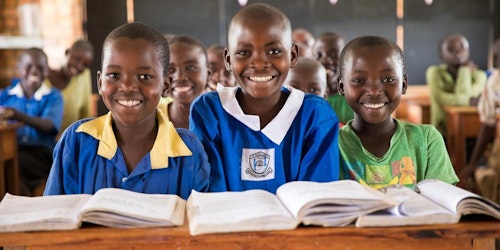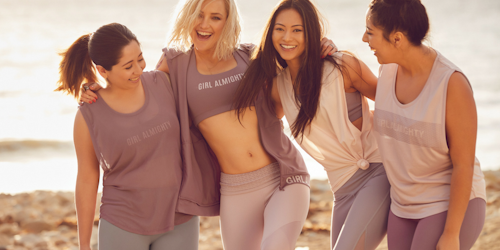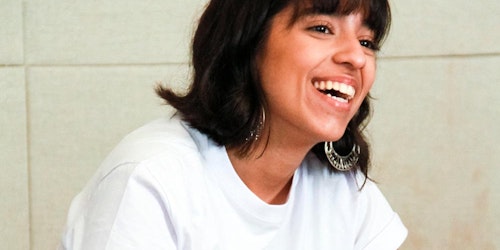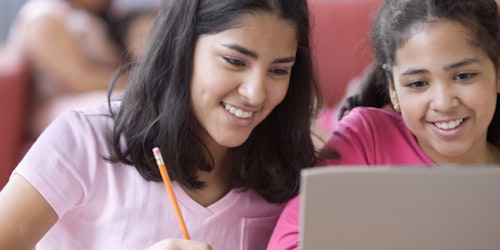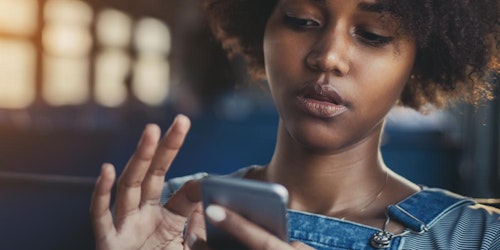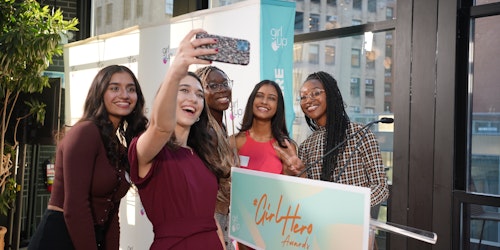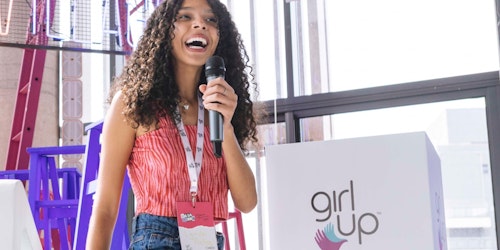In Latin America, according to UNICEF Mexico 43% of students with a menstrual period prefer to not go to school during their cycle. This adds up to a total of 5 days of missed classes since their menarche, between ages 10 and 16. This is known as the beginning of their menstruation, the process where the uterus sheds blood and tissues through the vagina approximately every 28 days, although this may vary. In our society, it is considered dirty and something that should not be talked about in public. A taboo. Because of this, when girls start menstruating, they are told they have “become women” and they may even feel shame, which leads to them missing school, among other things.
This leads to a lack of adequate bathroom and hygiene products to manage their period, which are also reasons for girls to leave school, and the way we are taught about menstruation in schools models the way people perceive this completely natural process. If one or all of the factors mentioned previously are present in your area, you’re living in a very common case of menstrual poverty.
Menstrual poverty affects the relationship between menstruation and human rights. Especially in three environments: the first one involves the obstacles in health and sanitation, limited access to equipped bathrooms and safe menstruation resources. In light of this, Colombia took the initiative to be one of the first countries to strip away taxes from menstrual hygiene products in 2018 to guarantee fair access to basic feminine hygiene products.
The second one is the right to education, which promotes the absence of stigmas in education centers. Considering this situation, the Ministry of Education in Peru invests 165 million soles to buy hygiene kits for school, including menstrual hygiene products to promote awareness and reduce the need for these essential items.
The third are the most vulnerable spaces where it is known that girls who live in poverty may enter transactional sexual relationships to buy their menstrual products. This is why, on April 28, 2021, in Mexico, the Plenary session of the House of Representatives approved the ruling of Menstruación Digna (Dignified Menstruation), which proposed free menstrual products in the country, modifying Article 114 of the educational bill, with an amendment to section XVI and an addition to section XVII, related to health and menstrual management (El Financiero, 2021). This amendment promises to offer free pads, tampons and other menstrual hygiene products, accompanied by education that addresses the human side of the process and doesn’t just give information.
It’s important for Latin American governments to pay attention to this problem and push forward the complete development of young girls, which should arise from an open conversation on this topic to allow this process to be understood and enjoyed fully. You can contribute by promoting an open dialogue in your community, to collectively find effective solutions and get rid of the taboo around menstruation.
